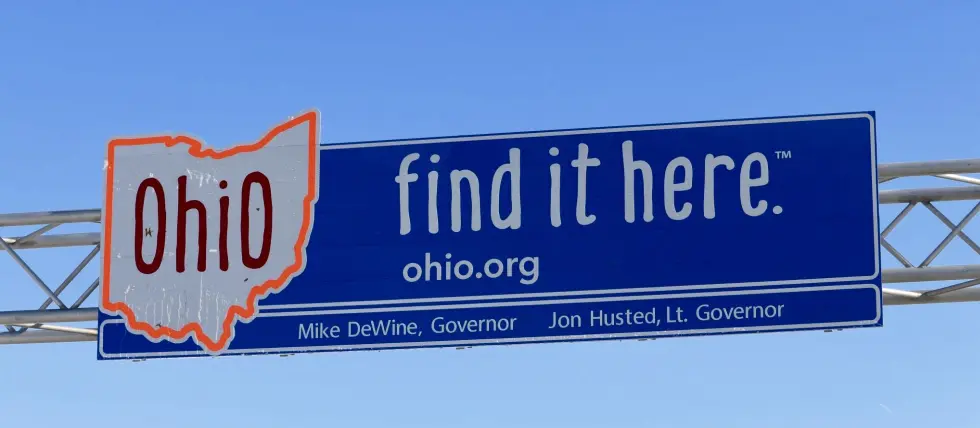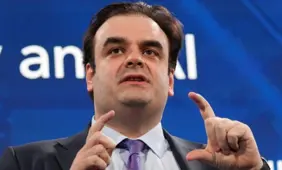New iGaming Bill with Huge Tax Implications Emerges in Ohio
Lawmakers in Ohio are advancing new legislation aimed at expanding the state's gambling framework with a bill that could significantly impact the gaming industry's tax landscape. Senate Bill 197 (SB 197), introduced by Sen. Nathan Manning, proposes the legalization of iGaming for licensed operators in Ohio, coupled with one of the highest tax rates in the country for this category of gaming.

Under the provisions of SB 197, the proposed tax rate for iGaming operators is notably aggressive. The bill stipulates a 36% tax rate for license holders that develop and use their own in-house platforms. For those that rely on third-party operators—such as major national brands like DraftKings or FanDuel—the tax rate would increase to 40%. This structure would position Ohio as the most heavily taxed open iGaming market in the country, assuming the bill passes in its current form.
Related: New Online Casino Legalization Effort in Ohio Could Appear SoonOnly Rhode Island and New Hampshire currently impose higher tax rates on iGaming, but both operate under exclusive or limited models. Rhode Island uses Bally's as its sole iGaming operator, while New Hampshire allows DraftKings to function as the only legal provider. In contrast, Ohio's proposal would allow multiple entities to operate within the state, subject to licensing and compliance with regulatory standards.
In terms of comparison, Pennsylvania currently holds the highest iGaming tax rate among open markets at 36%. Michigan operates on a sliding scale that ranges from 20% to 28% based on an operator's revenue, while Connecticut levies a flat 18% rate. New Jersey, known for its early adoption of online gaming, applies a 15% tax rate, although Gov. Phil Murphy has proposed increasing that to 25% for both iGaming and online sports betting.
The financial entry point for operators seeking to participate in Ohio's iGaming market would also be significant. SB 197 sets the cost of an iGaming license at $50 million, valid for a five-year period. Renewal of these licenses would require a $5 million fee.
More Regulation
Limited Revenue for Responsible Gambling Initiatives
The bill proposes that 99% of the tax revenue generated from iGaming be allocated to the state's general revenue fund. The remaining 1% would be dedicated to the state's problem gaming fund, providing financial support for addiction prevention and treatment programs.
Additional elements of the bill expand beyond traditional online casino games. The legislation includes the authorization of online lottery games, known as iLottery, with associated revenues directed toward education funding. Furthermore, it provides for legal online horse race betting through mobile applications, thereby extending the scope of Ohio's digital wagering environment.
The proposal to legalize iGaming also comes alongside a suggested tax reduction for retail sports betting. Manning's bill includes a provision to lower the retail sports betting tax rate from 20% to 10%, a reversal of the state's earlier proposal under Gov. Mike DeWine to double the rate to 40%. That earlier effort was rejected in the House's version of the two-year state budget.
Rep. Brian Stewart has also indicated his intention to pursue separate iGaming legislation. While details of his proposal have not yet been made public, Rep. Stewart's position as chair of the House Finance Committee is expected to lend weight to any future legislation he introduces. He was instrumental in the decision to remove the governor's proposed sports betting tax hike from the House budget.
RELATED TOPICS: Regulation
Most Read
Must Read
 Interviews
Interviews
Exclusive Interview: Levon Nikoghosyan Shares AffPapa Winning Formula for Successful iGaming Events
Dec 03, 2025 Interviews
Interviews






Review this New Post
Leave a Comment
User Comments
Comments for New iGaming Bill with Huge Tax Implications Emerges in Ohio